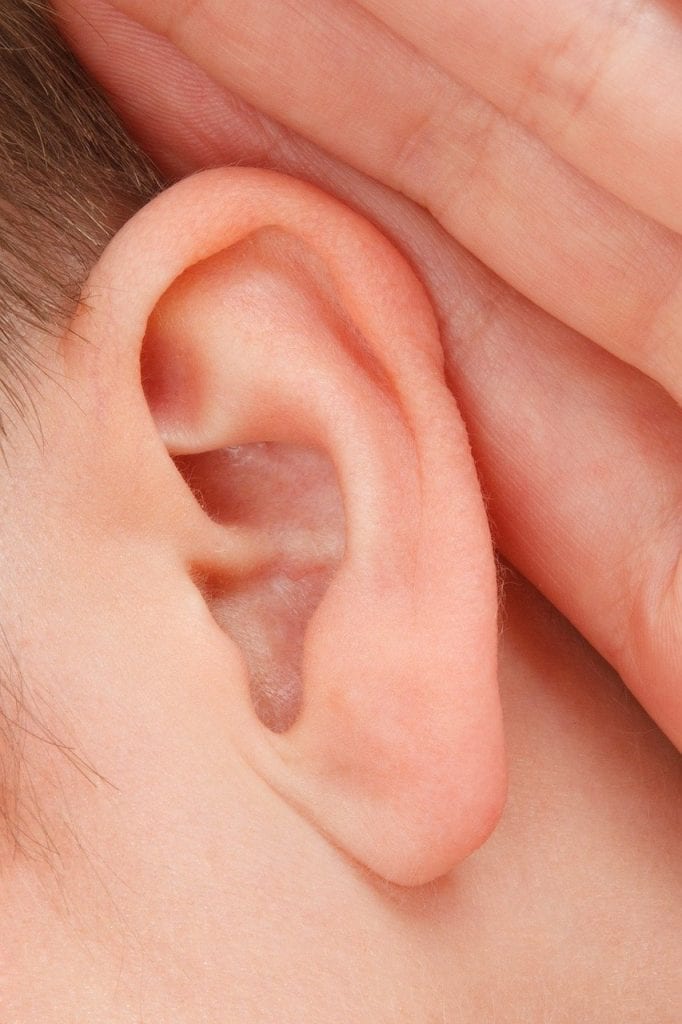Insomnia Secondary to Tinnitus

Those who suffer from tinnitus know that it isn’t just a slight ringing in the ears. While some may believe that tinnitus is just something you get used to, that you learn to let it be a sort of background annoyance, it isn’t as simple as that. A common connection which you see in many Veterans is insomnia secondary to tinnitus because of the mental health aspect.
Tinnitus can lead to emotional, psychological, and physical pain. Just some of the known health conditions associated with tinnitus are hyperacusis (extreme sensitivity to noise), phonophobia, and depression and anxiety. Each of these is more likely to be found in combat vets exposed to loud explosions. Tinnitus can lead one to feel isolated, as it becomes more challenging to communicate with others and to participate in a conversation with hearing loss.
According to the American Tinnitus Association, over 50 million Americans suffer from tinnitus- that’s 15% of the US population. Now, looking at the vet population, it is the number one rated disability. It is unclear the exact number of those who do suffer from some auditory disability as many vets are not rated or underrated.
What is tinnitus?
Tinnitus is one of those pervasive disabilities that isn’t isolated to itself. Rather, it infiltrates all aspects of life, namely for many, when trying to sleep. This can be especially troubling as sleepless nights can have negative results in your day to day life.
The National Sleep Foundation defines insomnia as, “difficulty falling asleep or staying asleep, even when a person has the chance to do so. People with insomnia can feel dissatisfied with their sleep and usually experience one or more of the following symptoms: fatigue, low energy, difficulty concentrating, mood disturbances, and decreased performance in work or at school.” What is important to note is that insomnia is not rated on its own, rather it is seen as analogous to mental health, and so they would be rated the same as any other mental health rating. So, it could, in fact, rate as high as 100%, the same as any other mental health rating, you can even gather more information on this from Military Disability Made Easy.
For those who suffer from insomnia due to tinnitus, you may recognize the often debilitating pain experienced from the constant walking and the lack of restorative sleep on a nightly basis. In an article published by Medical News Today, titled, Tinnitus Linked To Insomnia they asserted, “[A] study, presented at the Combined Otolaryngological Spring Meetings in San Diego, found that insomnia can worsen the functional and emotional toll of tinnitus symptoms and that patients suffering from insomnia reported greater emotional distress.” It may be more well known that insomniacs are more likely to suffer from depressive states, however, it may be less commonly known that tinnitus can and has been linked to insomnia.

BVA case for Tinnitus
In a court case that was successfully appealed back in 2016, a veteran went in front of the VA to appeal a previous denial for his insomnia secondary to his tinnitus. The Board found that beyond a reasonable doubt his insomnia was in fact caused by his service-connected tinnitus disability. This particular vet was diagnosed earlier with OSA (obstructive sleep apnea) back in 2001, Later, in 2012, the vet sought again medical treatment for insomnia: “The private doctor stated that the Veteran’s complaints regarding tinnitus in his sleep disturbance had to do with the initiation of sleep, which would be insomnia. He stated that tinnitus had been associated with insomnia” (Citation Nr: 1600946). It would be nearly a decade later that the vet would have it recognized that his sleep disturbances were tied to his insomnia, secondary to tinnitus, and not sleep apnea as was earlier thought.
Fortunately for this vet, he was awarded the service connection to insomnia as secondary to tinnitus. Unfortunately, for many vets out there suffering from tinnitus AND from insomnia, you are underrated OR worse yet, not rated for insomnia. If you are someone who suffers from tinnitus and has been awarded this disability from the VA OR if you have not yet been awarded for tinnitus but do suffer from it, it’s not too late. With the science behind the negative effects that insomnia can have on one’s daily life, insomnia is recognized as a secondary condition to tinnitus and vets suffering from it should be fairly compensated. It is imperative for you to seek professional treatment and to get a diagnosis for your insomnia.
What do I need for insomnia secondary to tinnitus?
The three things you need to file insomnia as secondary to tinnitus are:
- To be service-connected for tinnitus
- To be diagnosed with insomnia
- To get a nexus letter linking insomnia to the tinnitus
Each of these are things that we can help you each step of the way here at VA Claims Insider. If you would like to help with your claim regarding tinnitus and secondary conditions, message me to talk more about teaching you how to get the rating you deserve!
Eric Cooley is a Veteran Master Coach and a retired Air Force Veteran. You can contact him at [email protected]

